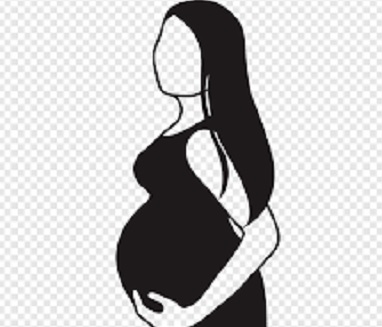
Unleashing gender equality for development
The World Population Day (WPD) annually celebrated worldwide on July 11 is dedicated to emphasising the importance of population issues.
The day was established by the United Nations (UN) in response to the significant interest generated by the ‘Five Billion Day’ in 1987.
Today, we join the world in celebrating another WPD, highlighting the profound impact of population dynamics on individual and national well-being, peace, and prosperity.
The global theme for this year is "Unleashing the Power of Equality: Uplifting the Voices of Women and Girls to Unlock Infinite Possibilities."
Our national theme, "Unleashing the Power of Gender Equality to Spur Development," has been derived from this overarching theme.
Barriers
In Ghana and Sub-Saharan Africa, there exist several fundamental barriers to gender inequality.
Our indifference towards issues such as high teen pregnancies, child marriage, and unmet family planning needs over the years has been perpetuated by political, traditional and religious leaders.
These barriers hinder women from voicing their concerns and realising their full potential.
Extensive research and evidence demonstrate that countries that have successfully addressed gender inequality gaps and developed their human capital have provided equal opportunities to both boys and girls.
This has been achieved through eliminating child marriage and empowering women with age-appropriate and culturally sensitive reproductive health information, education, and services.
Such measures enable women to exercise their right to make informed choices, free from coercion, ignorance and misinformation.
It is crucial to acknowledge that as long as these conditions persist, our nation and sub-region will continue to face challenges.
We will have a large and restless youth population in need of social services and employment opportunities.
With only a limited number of taxpayers who may struggle to meet their own needs as well as those of the growing youth, effective governance will remain challenging.
To address these issues, we must support young girls in raising their voices and unleashing their potential.
Information
This can be achieved by removing barriers to reproductive health information and services and advocating changes in the structures, norms, ideologies, values and cultures that oppress them.
We must ensure that our girls are not reduced to mere conduits for vulnerable children, leaving them unable to provide proper care.
It is important to note that a society, culture or regime that remains indifferent to child marriage and teen motherhood is also indifferent to individuals who are compelled to rely solely on public charity and the benevolence of strangers.
Such a society fails to show kindness to its most vulnerable members and neglects the necessary steps to bridge the inequality gap, a crucial condition for unlocking the potential required for development.
The suffering of teenage mothers and their babies is evident, and the communities they reside in also bear the consequences.
It is imperative that we address these fundamental issues in order to alleviate our collective suffering and promote development.
Choices
Our choices and the values that underpin them have, at times, fostered socially, economically, and environmentally unsustainable policies and development paths.
Similarly, our bright and sustainable future depends on the priorities and choices we make today.
As an unknown author once said, "The hero and the villain in today's uncertainty story are one and the same: human choices."
To achieve our national theme of "Unleashing the Power of Gender Equality to Spur Development" and create a Ghana beyond aid, as well as the Africa we aspire for, we must prioritise reproductive health information and services as an economic, security, environmental and health policy.
To unlock the power of gender equality and propel our development, let us, as a nation and sub-region, pledge to adopt and promote reproductive health information and services, including family planning, as a means to safeguard the well-being, happiness, prosperity and peace of our people.
On behalf of the National Population Council (NPC) Ghana, I wish you all a reflective World Population Day. Together we all get better.
The writer is the Executive Director, National Population Council.
